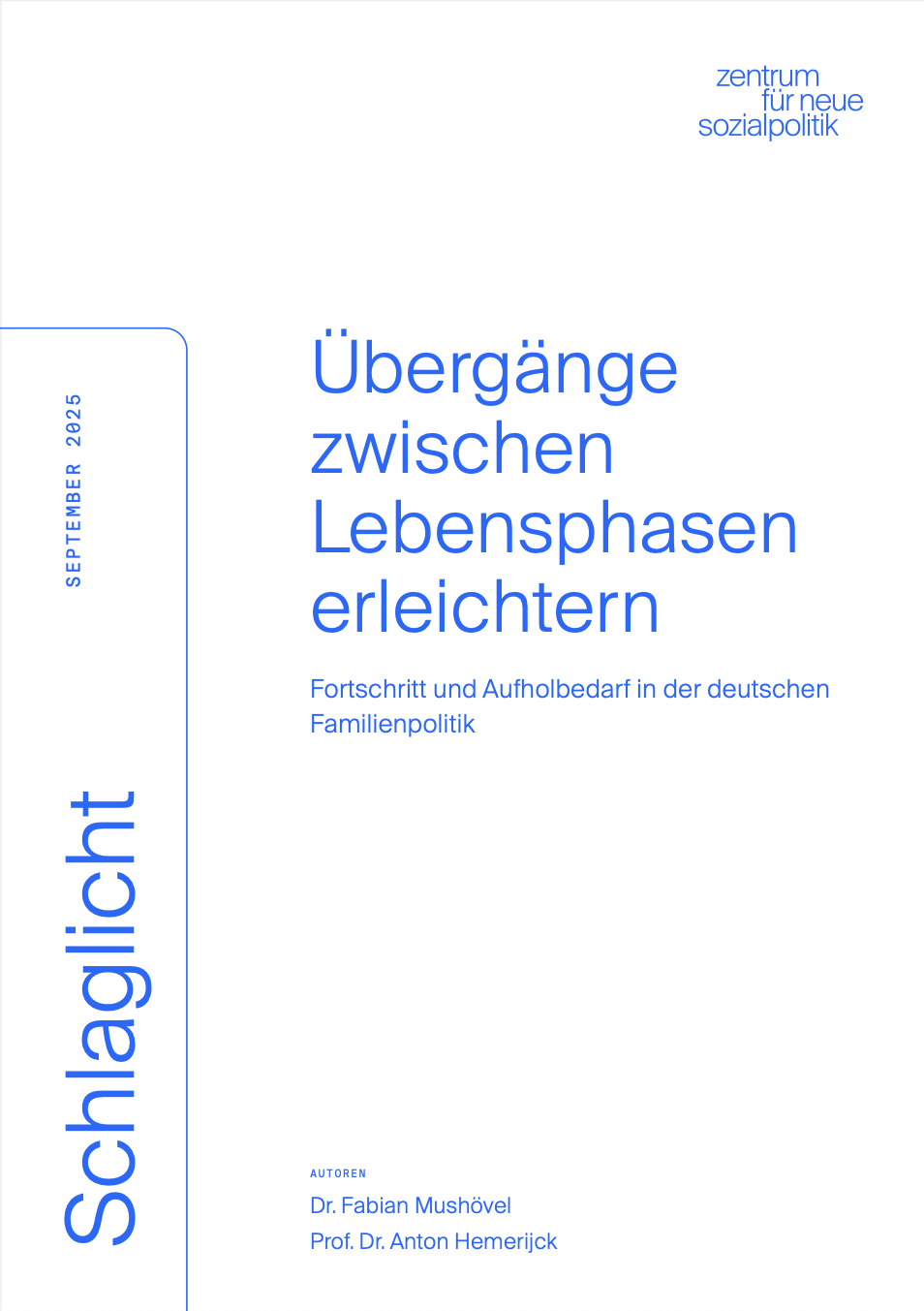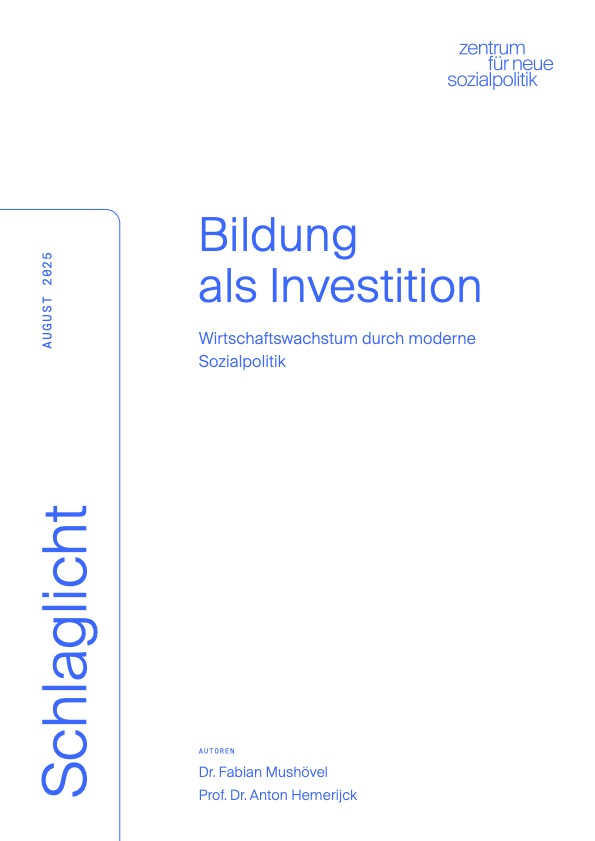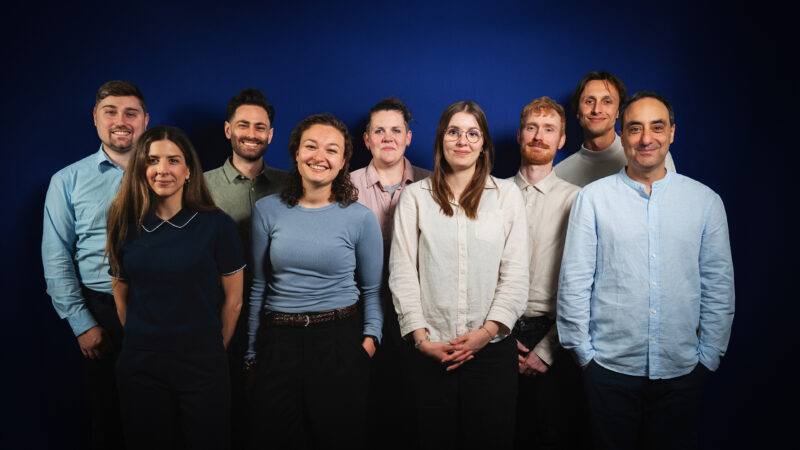- Project
- Grant
Social Investment in Germany

Published
September 16, 2024
Methodology
Mixed-Methods Design
Status
ongoing
Background
Germany faces a wide range of economic, social and political challenges in the coming years, ranging from low economic growth forecasts and high investment needs in infrastructure and ecological transformation to increasingly entrenched structural social inequalities.
In the political debate, economic growth and public finances are used as arguments against a generous welfare state, which is often seen one-sidedly as a cost factor and an obstacle to higher employment. However, this perspective ignores the fact that many social challenges benefit from active social policy. This applies, for example, to the low-wage sector, which is particularly pronounced in Germany, the inequalities between paid and unpaid work in gender relations, and demographic developments.
In order to meet these challenges in an appropriate political manner, a new understanding of the welfare state as an investment state is needed, one that focuses on the advantages of a life-cycle-oriented social policy.
Project goals
The concept of social investment corresponds to our understanding of the welfare state as a springboard for the development of life opportunities. With this innovative project, we want to provide concrete recommendations for action for a socially and economically sustainable, investment-oriented social policy.
The concept of social investment corresponds to our understanding of the welfare state as a springboard for the development of life opportunities. With this innovative project, we want to provide concrete recommendations for action for a socially and economically sustainable, investment-oriented social policy.
Conceptual framework
The social investment concept serves as the analytical framework for the project. Under this approach, social policy is understood as an investment that forms the basis for an innovative economy, a society that is more equitable and responsive to needs, and fiscal sustainability. Furthermore, the social investment approach aims to increase the number of people in employment and their productivity. Successful implementation of social policy as social investment requires the integration of three different categories of measures:
- The so-called ‘stock’ measures aim to increase human capital (including early childhood development and education).
- ‘Flow’ measures, on the other hand, are designed to facilitate the transition between different stages of life (including between education and work; work and parental leave; work and retirement; etc.).
- The term ‘buffer’ measures refers to traditional social policy measures and safeguards (social insurance, protection against poverty, etc.).
Successful social investment can thus be understood as a holistic approach that aims to create multiplier effects across people’s life cycles. This not only promotes life chances and reduces inequalities, but can also lead to increased tax revenues, which in turn guarantees the fiscal sustainability of social policy.
Publications
- Spotlight
Flow Policies
In the spotlight article “Facilitating transitions between life phases – progress and areas for improvement in German family policy,” Dr. Fabian Mushövel and Prof. Dr. Anton Hemerijck analyze the role of family policy as a central flow policy within the social investment approach.
Read now
- Spotlight
Education as an Investment
The socio-political discourse in Germany is dominated by the notion that social policy is primarily a cost factor. Dr Fabian Mushövel and Prof. Dr Anton Hemerijck argue that modern social policy should instead be understood as social investment: a targeted investment that can promote long-term economic growth.
Read now
Team

Dr. Fabian Mushövel

Prof. Dr. Anton Hemerijck
Grantee
ZSP Policy Grant
Our grant programme makes science applicable to politics. The ZSP Policy Grant supports scientists who are dedicated to researching innovative approaches for a fair and sustainable welfare state through their practice-oriented projects.
Together with our grantees, we translate their findings into concrete recommendations for action and communicate these to relevant actors in politics and society. In this way, we aim to enrich public discourse and contribute to political decision-making.
Interested?
Are you a social scientist interested in our grant programme? You can find the latest information on applying and participating here.


